Scientists have discovered that life on Earth may have originated from an ancient meteorite, which is four times the size of Mount Everest.
Many people have long wondered how life began.
Scientists have made an exciting discovery that suggests life on Earth might have originated from a giant meteorite.
This meteorite is said to be four times the size of Mount Everest, which is quite impressive.
Researchers from Harvard University have been studying this idea and have gathered some interesting evidence.
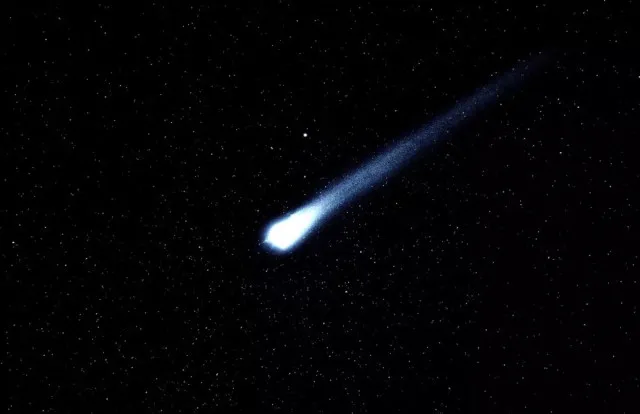
For many years, scientists have wondered how life began on our planet.
The common belief is that all living beings share a common ancestor. However, the exact process of how life formed remains a mystery.
Scientists uncover ancient meteorite four times the size of Mount Everest have been responsible for life on Earth
Recently, new research points to an ancient meteorite that may have played a crucial role in the development of life.
Massive meteorite sparking life on Earth known as S2 meteorite
According to the study, this meteorite, known as the S2 meteorite, impacted Earth about 3.26 billion years ago.
The location of the impact is believed to be in what is now South Africa.
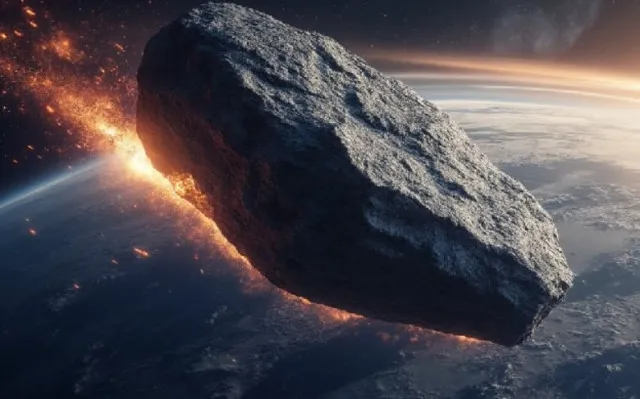
The researchers suggest that this massive meteorite created significant changes in the environment.
Nadja Drabon, a geologist and assistant professor at Harvard, led the research team.
She focused on analyzing rock samples from the area where the meteorite is thought to have struck.
This analysis included studying the sediment, chemical compositions, and carbon isotopes left behind by the impact.
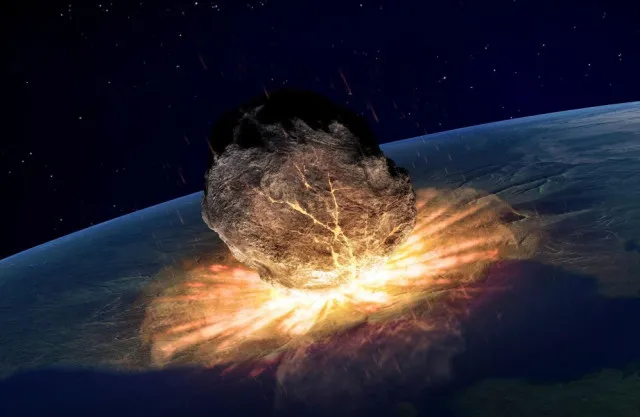
“Picture yourself standing off the coast of Cape Cod, in a shelf of shallow water.
It’s a low-energy environment, without strong currents.
Then all of a sudden, you have a giant tsunami sweeping by and ripping up the sea floor.”
Impact of meteorite similar to massive tsunami event
Drabon explained that the impact of the meteorite was similar to a massive tsunami sweeping through the ocean.
This event stirred up the ocean and pushed debris into coastal areas.
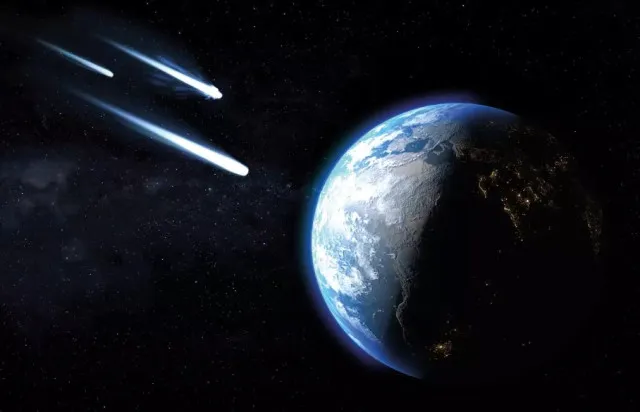
The heat generated by the meteorite’s impact caused the upper layer of the ocean to evaporate, which in turn heated the atmosphere.
Interestingly, while many people think of meteorite impacts as disasters, this research suggests that they may have had positive effects on early life,
Drabon noted that such impacts could have created conditions that allowed life to thrive.
Instead of being purely destructive, these events might have provided a “silver lining” for the origins of life.
S2 meteorite exceeds dinosaur extinction meteorite by 200 times.
The S2 meteorite was 200 times larger than the one that is believed to have caused the extinction of the dinosaurs.
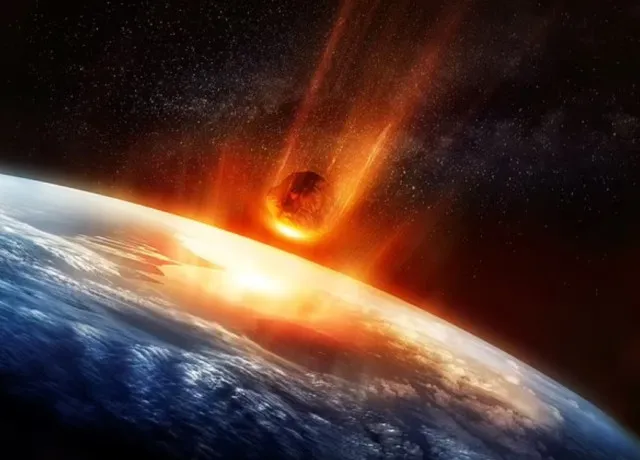
This difference in size suggests that the effects of the S2 impact would have been far-reaching and potentially transformative for Earth’s early environment.
Drabon added: “We think of impact events as being disastrous for life.
But what this study is highlighting is that these impacts would have had benefits to life, especially early on, and these impacts might have actually allowed life to flourish.”